Smart Waste Composters
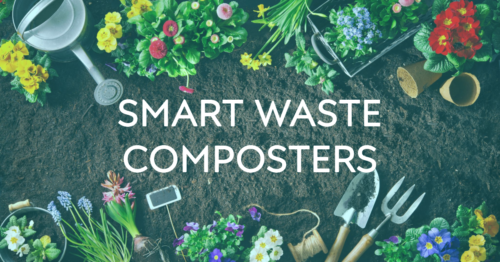
As the world faces increasing environmental challenges, finding innovative ways to reduce waste and promote sustainability has become crucial. Composting, the process of converting organic waste into nutrient-rich soil, has long been recognized as an effective means of recycling. However, with the emergence of smart waste composters, traditional composting methods have evolved to offer greater convenience, efficiency, and environmental benefits. In this comprehensive blog post, we will explore the world of smart waste composters, examining their features, advantages, and how they are transforming the recycling landscape. To explore the top five smart waste composters available on the market today, check out our article here
What are Smart Waste Composters?
Smart waste composters, also known as intelligent or automated composters, are advanced devices that streamline the composting process. They leverage technology to create optimal conditions for decomposition, resulting in faster composting times and superior quality compost. These composters are designed to accommodate various organic materials, including kitchen waste, garden trimmings, and even pet waste. By combining automation, sensors, and connectivity features, they offer an array of benefits that traditional composting methods cannot match.

Standout Features of Smart Waste Composters
Capacity and Design
Smart composters are available in different sizes to suit various households and environments. They range from compact units suitable for apartments to larger models for homes with extensive gardens. The sleek and user-friendly designs make them easy to integrate into any living space, while some models even offer modular options for expanding capacity.
Automated Operation
One of the key advantages of smart composters is their ability to automate the composting process. These composters feature built-in sensors and algorithms that monitor and adjust crucial factors such as temperature, moisture levels, and aeration. By optimizing these conditions, they accelerate decomposition, resulting in quicker compost production.
Odor Control
Traditional composting can sometimes lead to unpleasant odors, especially when improper ratios or insufficient aeration are involved. Smart waste composters address this issue by incorporating odor control mechanisms. Activated carbon filters and air circulation systems effectively contain and neutralize odors, allowing for odor-free composting.
Connectivity and Monitoring
Many smart composters offer connectivity options, allowing users to monitor and control the composting process remotely. Through dedicated mobile apps or online platforms, users can receive real-time notifications about composting progress. Additionally, they can adjust settings and access helpful tips for optimal composting results.
Versatility
Smart composters can handle a wide range of organic materials, including fruits and vegetable scraps, coffee grounds, eggshells, yard waste, and even small amounts of meat and dairy. This versatility allows users to divert a significant portion of their household waste away from landfills.
Benefits of Smart Waste Composters
Environmental Impact
By composting organic waste at home, smart composters help reduce the amount of waste sent to landfills, which in turn reduces harmful greenhouse gas emissions. Additionally, the resulting compost can be used to enrich soil and promote healthier plant growth, reducing the need for synthetic fertilizers.
Convenience and Time Savings
Smart composters take the guesswork out of composting. Moreover, with automated features and optimized conditions, they require minimal effort from users. Unlike traditional composting methods that involve manual turning and monitoring, which are time-consuming and labor-intensive, smart composters emerge as a practical choice for busy individuals.
Space Efficiency
For those living in urban areas or with limited outdoor space, smart composters offer a compact solution. Their efficient designs enable composting in small apartments, balconies, or even kitchen countertops, making them accessible to a wider range of users.
Education and Awareness
Smart composters provide valuable educational opportunities, particularly for children and young learners. By witnessing the composting process firsthand and understanding the importance of recycling organic waste, individuals develop a deeper appreciation for environmental stewardship and sustainable practices.
Conclusion
Smart waste composters represent a significant step forward in recycling and sustainability efforts. By combining automation, sensors, and connectivity, these intelligent devices streamline the composting process, providing faster composting times, odor control, and convenience for users. Moreover, they contribute to reducing waste, greenhouse gas emissions, and reliance on synthetic fertilizers. As we strive for a greener and more sustainable future, smart waste composters offer a practical and effective solution that empowers individuals to make a positive impact on the environment, one compost pile at a time.
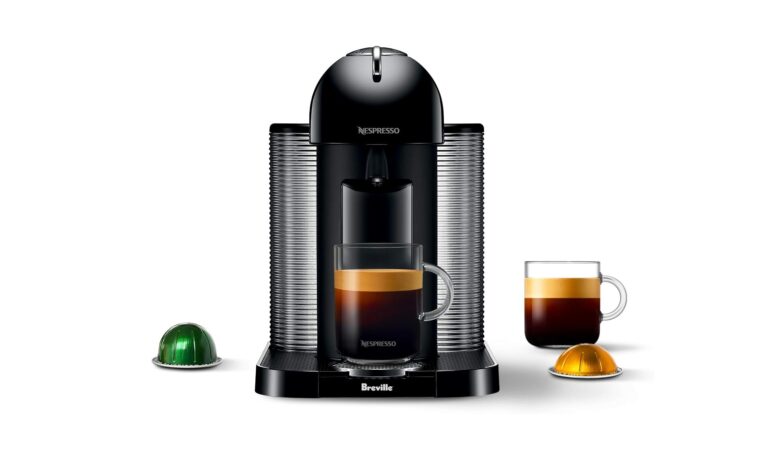
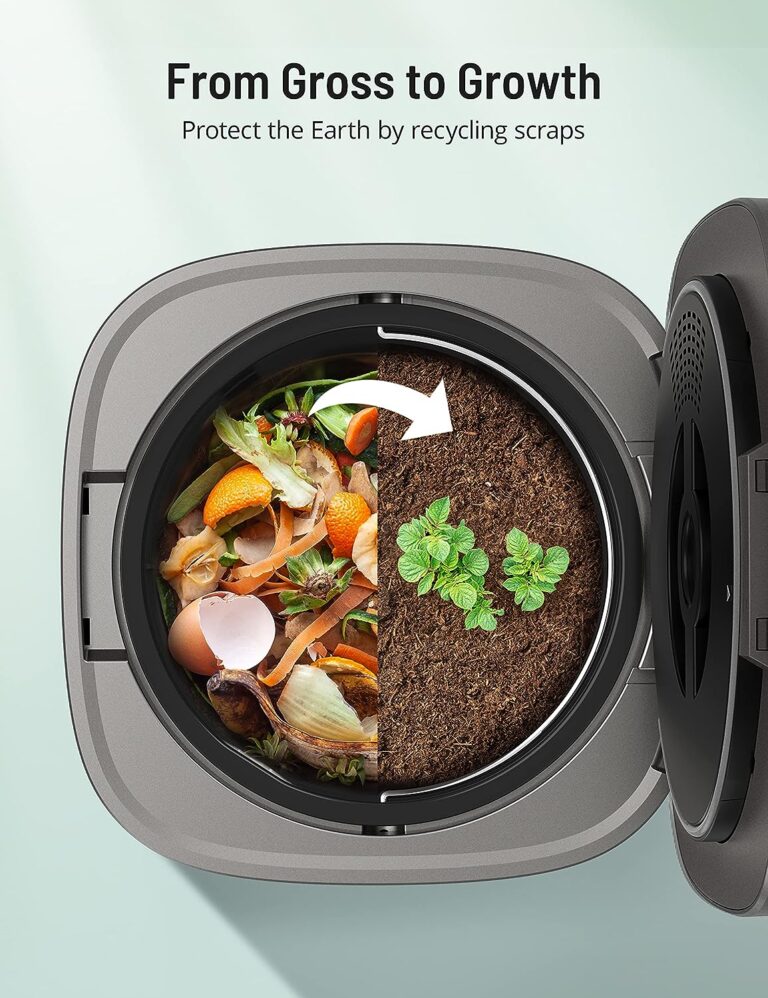


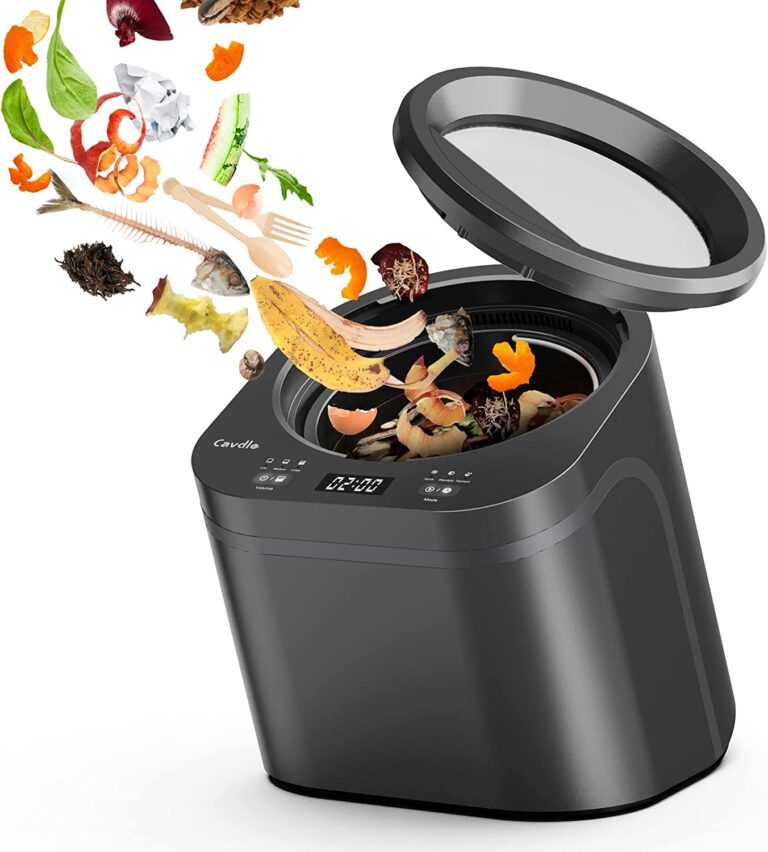
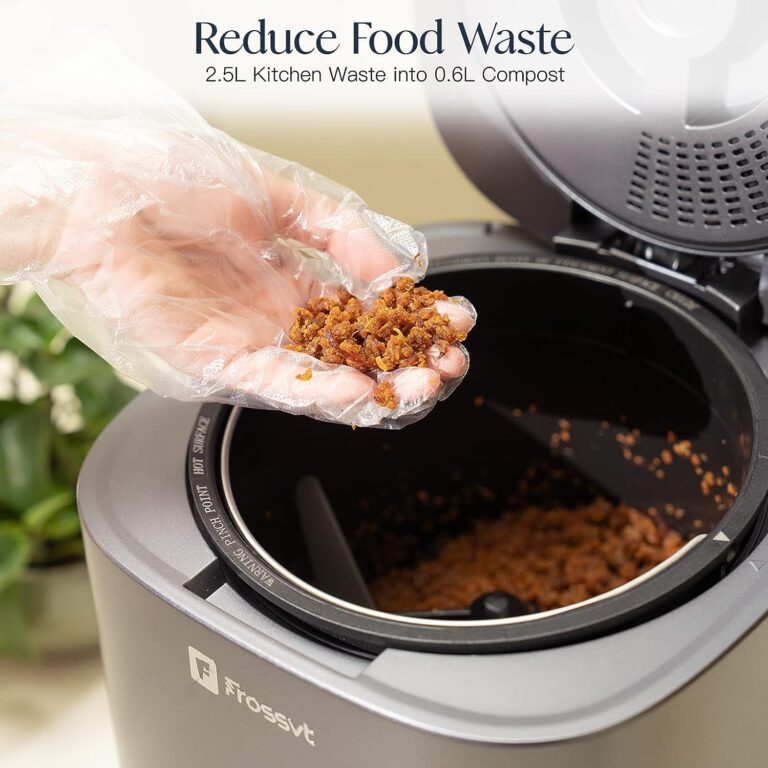
One Comment
Comments are closed.